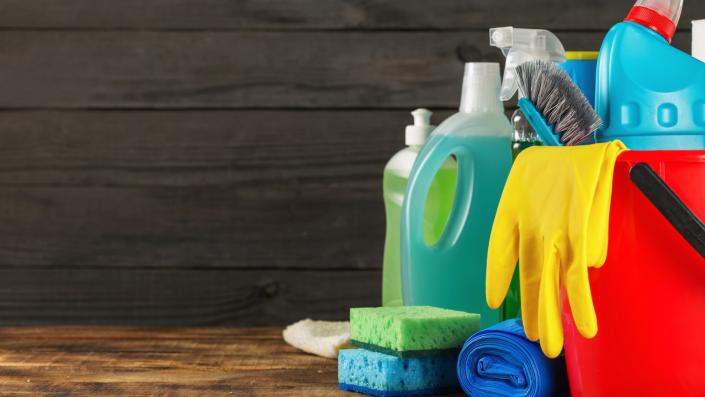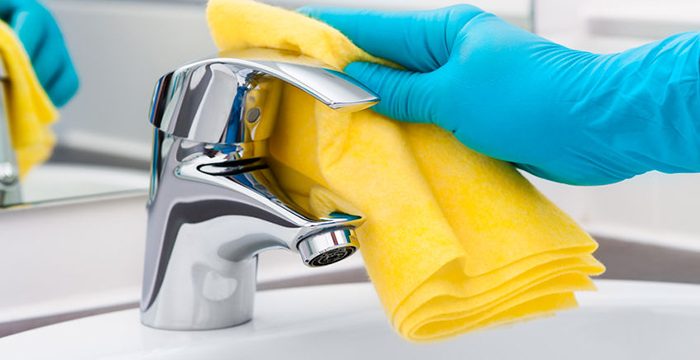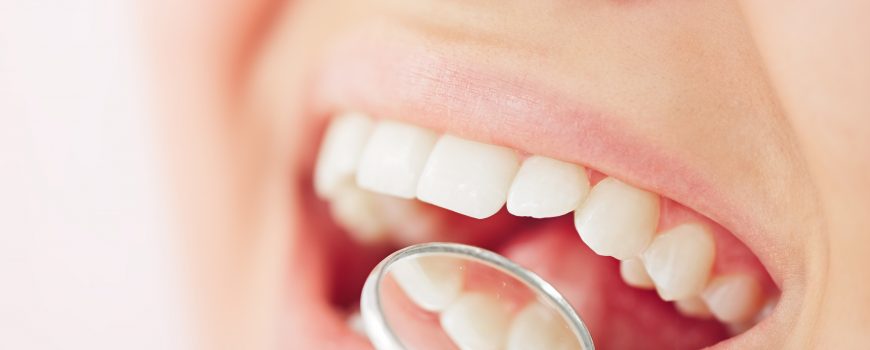What are the different types of House Cleaning Services?
When starting up a cleaning company you need to decide what types of house cleaning services you will offer to your customers. You want to offer services that align with your business model and that are in demand in your area or what your customer wants.
There are two types of customers when cleaning houses: one-time and recurring. One-time customers only want their home cleaned once. Recurring customers want their home cleaned on a regular basis.
One-Time Services
Here are the most commonly offered one-time services for house cleaning:
- Regular cleaning
- Spring/Deep cleaning
- Move-in/move-out cleaning
A regular cleanup goes to be the essential cleanup you supply your customers. can|you’ll|you may} have to be compelled to come back up with a listing of cleanup tasks that you just will perform for every cleanup. you’ll be able to search house cleanup services on google in your space to urge a thought of what they provide.
A spring/deep cleanup is everything enclosed in your regular cleanup with some additional cleanup tasks. Like with the regular cleanup, analysis services in your space to work out what additional tasks you may supply.
A move-in/move-out cleanup is largely a spring cleanup while not piece of furniture. you’d perform identical tasks that you just would for a spring/deep cleanup. There area unit some corporations that provide further tasks like cleanup within the cupboards, icebox, and kitchen appliance enclosed within the move-in/move-out cleanup or supply them as add-ons. It’s up to you whether or not or not you’ll supply these tasks.
Recurring Services
Here are the cleaning frequencies for recurring cleanings:
- Weekly
- Bi-weekly (every 2 weeks)
- Monthly (every 4 weeks)
For recurring customers, you can either offer a regular or spring/deep cleaning for their initial cleaning. After the initial cleaning, you will be performing a regular/maintenance cleaning on a recurring basis.

What Customers Should I Target?
Your goal is to get as many recurring weekly, bi-weekly, and monthly customers as possible. These customers tend to be the most profitable over the long term. A weekly customer will pay you 52 times a year while a bi-weekly customer will pay you 26 times a year. Also, recurring cleanings are a lot easier to clean than one-time cleanings, and you can clean them in a shorter amount of time.

Where to find overlooked clients
Uncommon places that need cleaning services aren’t hard to find as long as you think outside the box. Sure, yellow pages and Google are excellent sources, but nothing beats good old-fashioned networking. Talk to your existing clients, see if they know anyone looking for commercial cleaners.
Use social media to expand your business. Place targeted ads on Facebook and Instagram that showcase your work, or if that’s not in your budget, just use your own social platforms to promote your business. You might be surprised how many clients you pick up that way!
Here are some frequently overlooked places that need cleaning services.
- Government buildings.
- Schools.
- Medical and dental offices.
- Restaurants and bars.
- Fitness centers.
- Retail businesses.
- Archiving facilities.

4 Types of Cleaning Agents and When To Use Them
Different cleaning agents are used depending on the item to be cleaned, the cleaning method and the type of soiling found on the item
Different cleaning agents are used depending on the item to be cleaned, the cleaning method and the type of soiling found on the item. There are four main types of cleaning agents used in commercial kitchens:
Detergents
Detergents are the most common type of cleaning agent and are used in home and commercial kitchens. They work by breaking up dirt or soil, making it easy to wash it away.
The detergents used in commercial kitchens are usually synthetic detergents made from petroleum products and may be in the form of powder, liquid, gel or crystals.
Degreasers
Degreasers are sometimes known as solvent cleaners and are used to remove grease from surfaces such as oven tops, counters and grill backsplashes.
Methylated spirits or white spirit were commonly used as degreasers in the past. Most food businesses now try to use non-toxic, non-fuming degreasers in their operations to prevent chemical contamination.
Abrasives
Abrasives are substances or chemicals that depend on rubbing or scrubbing action to clean dirt from hard surfaces. In commercial kitchens, abrasives are usually used to clean floors, pots and pans.
Abrasives should be used with care as they may scratch certain types of materials used for kitchen equipment such as plastic or stainless steel.
Acids
Acid cleaners are the most powerful type of cleaning agent and should be used with care. If they are not diluted correctly, acid cleaners can be very poisonous and corrosive.
Acid cleaners are generally used to remove mineral deposits and are useful for descaling dishwashers or removing rust from restroom facilities.
Cleaning and Disinfection Generally consists of Six Steps
When you need your company to have a new website or if you venture on updating your old webpage with a new look and functionality, the choices are versatile. Assuming that you will go the easy way and choose a theme for your WordPress website, the overall number of characteristics that you will need to keep in mind narrows down significantly.
Cleaning and Disinfection
Cleaning needs to be carried out in two stages. First use a cleaning product to remove visible dirt from surfaces and equipment, and rinse. Then disinfect them using the correct dilution and contact time for the disinfectant, after rinse with fresh clean water if required. During inspections of food businesses, the cleanliness of the structure of food rooms, equipment and utensils is taken into account in assessing hygiene.
To help ensure the safety of your food, it is essential that surfaces and equipment are:
- visually clean, and
- free from high levels of harmful germs.
Cleaning: this is the removal of visible food debris and grease. It is usually done with hot water and detergent.
Disinfection: this is the reduction of germs to a safe level and is usually done by the use of special chemicals intended for food use, or by heat (hot water at around 82°C in a dishwasher or second sink).
Detergent: a chemical used in cleaning to remove food debris and grease.
Cleaning and disinfection generally consists of six steps:
- Pre-clean – remove excess food waste by sweeping, wiping or pre-rinsing
- Main clean – loosen surface waste and grease using a detergent.
- Rinse – remove loose food waste, grease and detergent.
- Disinfection – kill the bacteria with disinfectant or heat.
- Final rinse – remove the disinfectant.
- Drying – remove all moisture.

